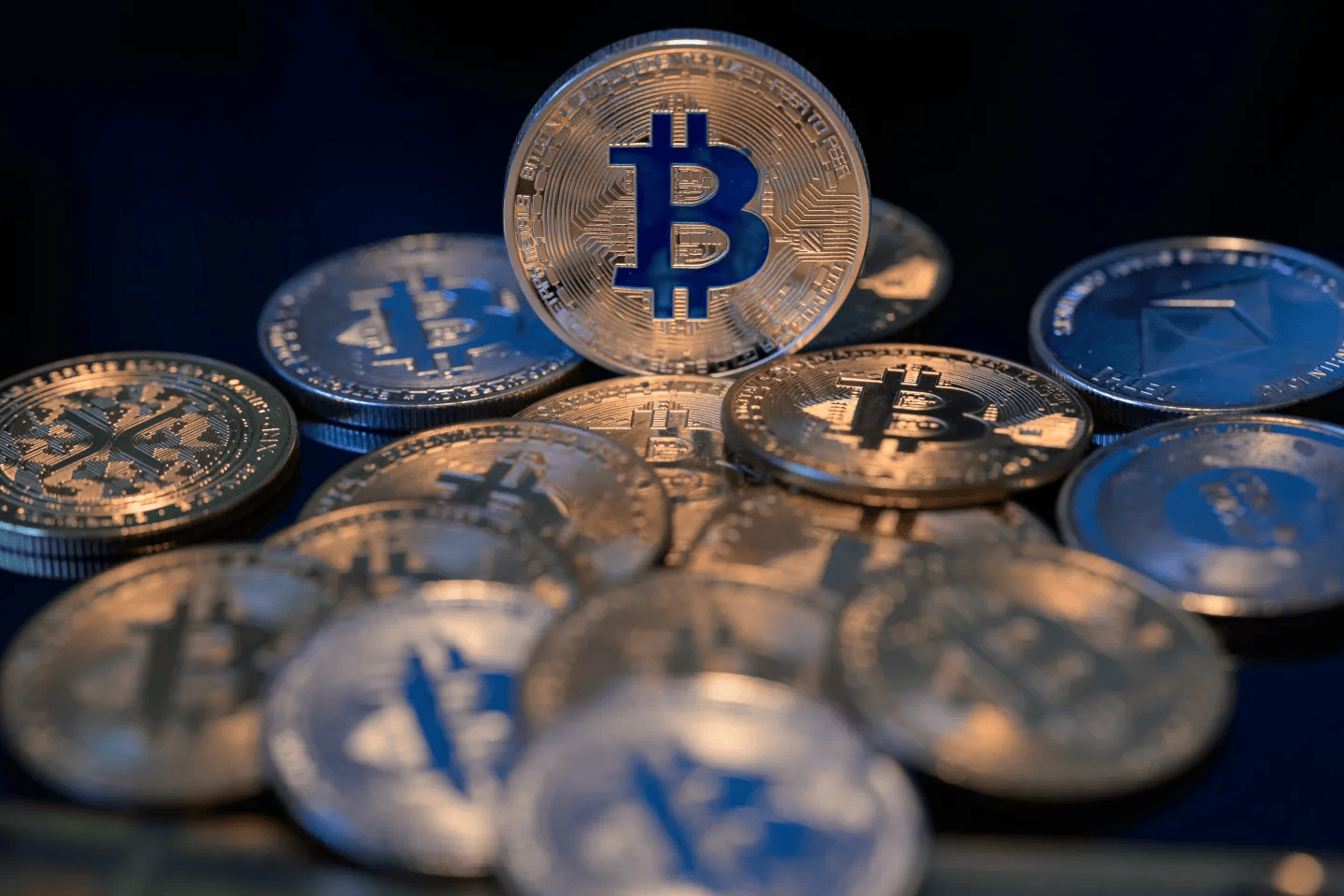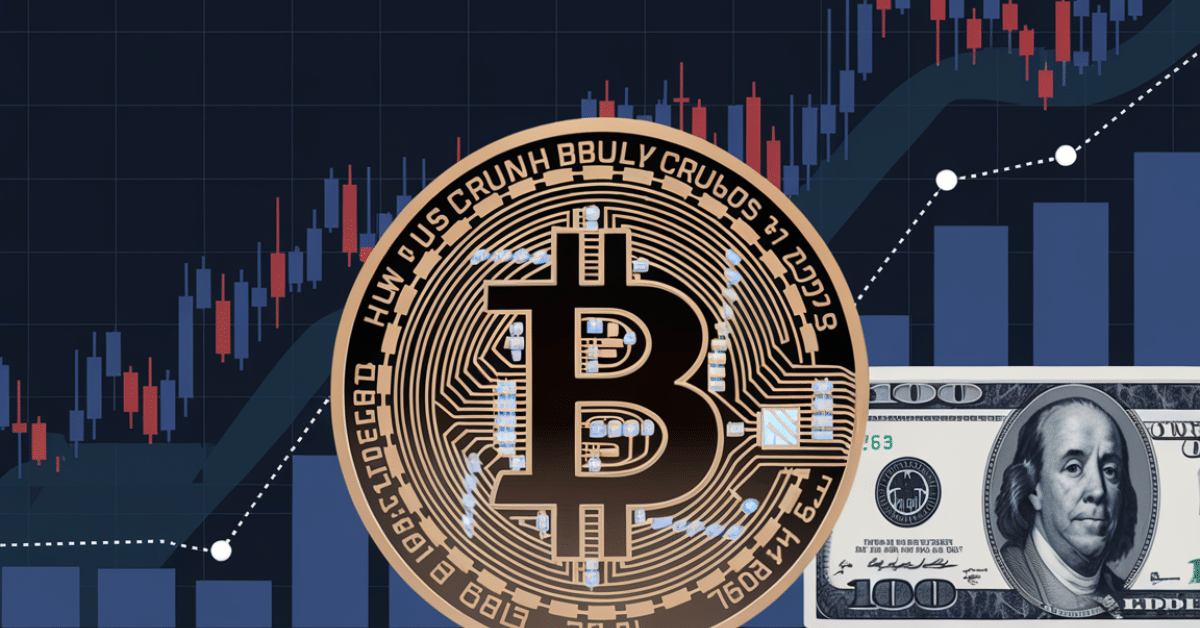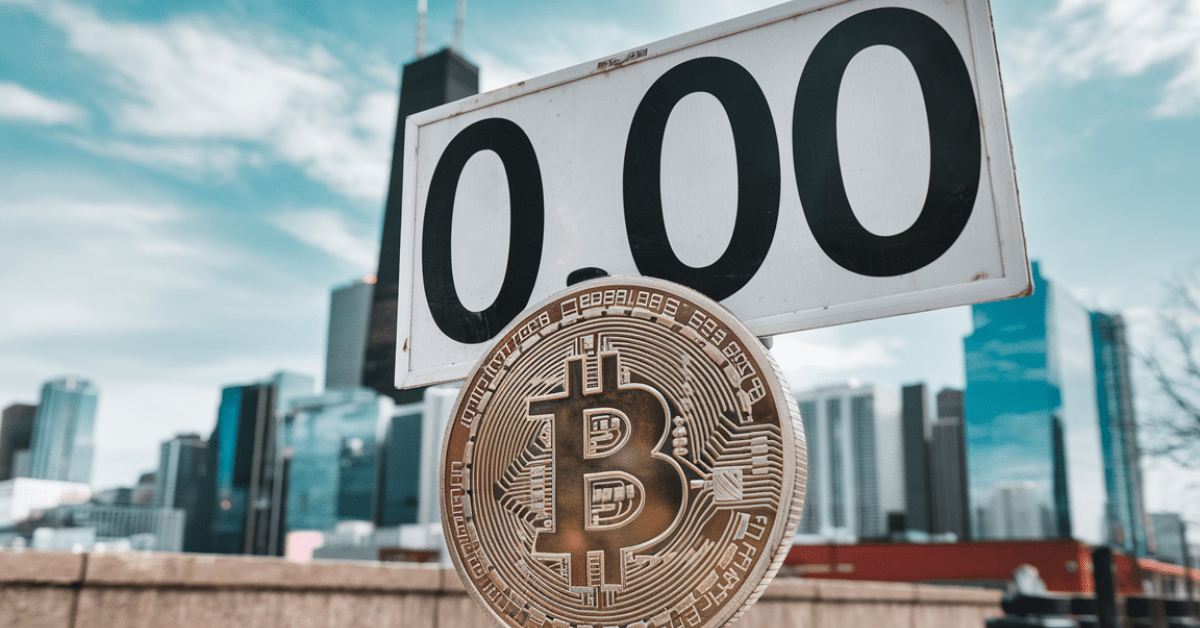Key Takeaways
- Cryptocurrency is becoming popular in Nigeria as an alternative to banks, helping with problems like bank transfer limits and the falling value of the Naira(NGN).
- Cryptocurrency regulations in Nigeria are changing. Staying updated with the Central Bank of Nigeria (CBN) is essential to follow new laws.
- Users should know how local banking rules affect their ability to withdraw funds or transfer money between exchanges and banks.
In recent years, cryptocurrency has become very popular in Nigeria. People use it for investing, trading, and making online payments. Many like it because it doesn’t depend on banks, can bring high profits, and is easy to use. In Nigeria, where bank transfer limits and the falling value of the Naira(NGN) are common issues, cryptocurrency gives people a different way to save and send money.
Whether you are new to cryptocurrency or already have some experience, it’s essential to follow the proper steps to stay safe and avoid mistakes. This article gives you simple steps to buy and sell cryptocurrency, choose good platforms, and make smart decisions.
1. Choose a Trusted Crypto Exchange
Cryptocurrency is becoming more popular in Nigeria. It offers a cheaper and easier option than traditional banks. Many local and global platforms help Nigerians buy, sell, and trade cryptocurrency. These platforms support the Nigerian Naira (NGN) and offer different payment methods. They also work with local banks to make things even easier.
Luno
Luno is a popular cryptocurrency exchange in Nigeria. It supports the Nigerian Naira (NGN) and offers an easy-to-use platform for buying, selling, and trading cryptocurrency.
Paxful
Paxful is a peer-to-peer exchange allowing Nigerians to trade cryptocurrency directly. It supports various payment methods and offers users flexibility.
Binance
Binance is a global cryptocurrency exchange widely used in Nigeria. It offers peer-to-peer trading, supports NGN transactions, and conveniently connects with local banks.
KuCoin
KuCoin is another international exchange popular in Nigeria. It provides a range of trading options and supports NGN, making it accessible to local users.
Tips for Choosing the Right Exchange
When selecting an exchange, consider the following:
- Transaction Fees – Compare costs for buying, selling, and transferring cryptocurrencies.
- Ease of Use – Choose platforms with simple, user-friendly interfaces.
- Supported Cryptocurrencies – Ensure the exchange offers the coins or tokens you want to trade.
- Security – Look for strong security features, like two-factor authentication (2FA) and encryption.
Choosing the right exchange can save money, make transactions more manageable, and keep your investments safe.
2. Set Up Your Account
After choosing an exchange, follow these steps to create your account:
- Go to the exchange’s website or download their app.
- Sign up with your email address and create a strong password.
- Complete identity verification (KYC). You must upload a valid ID (e.g., National ID, Driver’s License, or Voter’s Card) and a selfie for confirmation.
- Some exchanges may require additional proof of address, like a utility bill or bank statement, to verify your identity fully.
Once verified, you’ll be ready to start trading and managing your crypto assets securely.
3. Fund Your Exchange Wallet with Nigerian Naira (NGN)
To start buying cryptocurrency, you must add funds to your wallet. Here’s how:
Deposit via Bank Transfer
Most exchanges in Nigeria support direct bank transfers from local accounts. This option is simple and often has lower fees than other payment methods. Ensure your bank is listed on the exchange and that the transfer complies with the exchange’s processing times.
Use Peer-to-Peer (P2P) Services
Platforms like Binance P2P let you buy crypto directly from other people using Nigerian Naira (NGN). This gives you more payment options, such as bank transfers, mobile payments, or cash deposits. P2P transactions usually have lower fees but may require extra care to stay safe during trades.
Explore Other Payment Methods
Some exchanges also accept credit or debit card payments, making adding money to your wallet faster. However, checking if the exchange follows Nigerian banking rules is essential, as some international platforms may block card payments due to local regulations or policies.
Check Mobile Payment Options
Some exchanges in Nigeria accept mobile payment methods, like Unstructured Supplementary Service Data(USSD) codes or mobile wallet services, such as Flutterwave or Paystack. These options are convenient for quick deposits, especially for those who prefer not to use regular banking methods.
4. Buy Cryptocurrency
After funding your account, follow these simple steps to buy cryptocurrency:
- Log In and Select Your Crypto: Access your account and choose the cryptocurrency you want to buy, such as Bitcoin (BTC) or Ethereum (ETH).
- Enter the Amount: Choose how much of the cryptocurrency you want to purchase.
- Confirm and Complete the Transaction: Review the details and confirm the transaction. Your crypto will instantly be credited to your wallet within a few minutes.
These steps will get you started with buying cryptocurrency quickly and easily.
Whether you’re new to crypto or an experienced trader, selling cryptocurrency in Nigeria is simple. With the right platform and a few easy steps, you can quickly convert your digital assets into local currency. Here’s how:
How To Sell Your Crypto In Nigeria?
1. Log In and Go to the Trading or P2P Section
Once you’re logged in, follow these steps to complete your sale:
- Open the exchange platform where you hold your cryptocurrency account.
- If you use one, go to the “Sell” section or the Peer-to-Peer (P2P) platform.
- Ensure you’re in the correct section for selling your digital assets.
2. Select Your Crypto and Enter the Amount
Choose the cryptocurrency (e.g., Bitcoin or Ethereum) you want to sell, then decide how much you’d like to sell—whether it’s part of your holdings or the entire amount. Ensure the amount fits your preferred payment method and any minimum sale limits on the platform.
3. Choose a Payment Method
Here are a few things to consider when choosing a payment method:
- Pick from options like bank transfer, mobile money, or cash deposit.
- Ensure the method works well with your local bank or wallet for an easy transaction.
- Some platforms offer a safe holding service to make the exchange safer.
Once done, confirm the transaction to ensure it was completed correctly and safely.
Things to Know About Cryptocurrency Rules in Nigeria
Specific rules govern cryptocurrency trading in Nigeria. Here are some important points to remember:
CBN Restrictions
In 2021, the Central Bank of Nigeria (CBN) banned banks from facilitating crypto transactions. However, this ban was lifted in December 2023, allowing financial institutions to engage with crypto activities. Trading through Peer-to-Peer (P2P) platforms is still legal and widely used. Even though the ban was lifted, there are still limitations, such as strict rules for banks and crypto providers, including restrictions on cash withdrawals and other types of transactions.
Tax Implications
Earnings from cryptocurrency in Nigeria may be taxed. The government could apply taxes on profits from crypto, like capital gains tax. It’s essential to keep up with changes in tax rules. You might want to consult a financial expert to ensure you follow the law.
Stay Informed
Cryptocurrency rules in Nigeria are still changing. Follow updates from the Central Bank of Nigeria (CBN) and other officials to stay compliant and avoid legal issues.
Tips for Safe Transactions
Protecting your cryptocurrency is important to avoid loss or theft. Follow these steps to ensure your transactions are secure:
Enable Two-Factor Authentication (2FA)
Turn on 2FA for extra security. It requires two steps to access your account, making it harder for someone to hack into it.
Avoid Sharing Sensitive Information
Never share your private keys, wallet details, or passwords. Beware of scams and phishing, which can trick you into giving away your personal information.
Use Trusted Platforms
Choose well-known and reliable exchanges or wallets. Some trusted platforms in Nigeria include Binance, Luno, Paxful, and KuCoin. These platforms have a history of good security practices and positive user feedback, which can help keep your funds safe.
Final Thoughts
Cryptocurrency is becoming an essential financial tool in Nigeria, helping people deal with issues like bank limits and the falling value of the Naira. Nigerians can use crypto by picking trusted exchanges, keeping up with changing rules, and following safe practices.
With the proper knowledge, both beginners and experienced users can benefit. Always stay updated on the rules and protect your assets to ensure a safe and successful experience with cryptocurrency.
Check out these related articles.


























